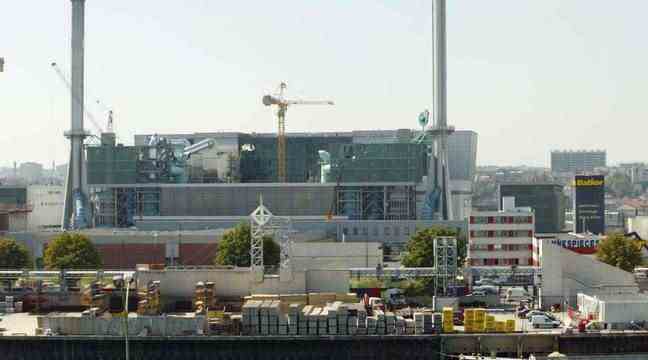Sad record in the Val-de-Marne department. A study published on Monday by the 3R collective (Reduce, reuse, recycle) reveals very high concentrations of dioxins, a persistent organic pollutant, near the Ivry-Paris XIII incinerator. These analyzes were carried out by researchers from the ToxicoWatch foundation in association with Zero Waste and Les Amis de la Terre.
According to the press release, these studies were “carried out on eggs from free-range hens, trees (softwood, olive trees) and mosses in the communes of Ivry-sur-Seine, Alfortville, Charenton-le-Pont and Paris. “. These towns are close to the Ivry incinerator, located near the ring road between Val-de-Marne and Paris. The largest incinerator in Europe, it burns waste from fifteen municipalities including Paris, the equivalent of 730,000 tonnes of garbage per year.
A record in Europe
We find there “concentrations of dioxins among the highest of the biomonitoring studies carried out by ToxicoWatch in Europe”, specifies the 3R collective. Chicken eggs raised there in the open “should be withdrawn from the European market if they had been produced to be put there”, indicates Abel Arkenbout, author of the study, recalling that “the regular consumption of dioxin-polluted eggs pose a serious health risk”.
The 3R collective also recognizes that it is “scientifically difficult to establish with certainty the origin of the presence (of dioxins) in the municipalities around the Ivry-Paris XIII incinerator”. But “the presence in the analyzed dioxins of profiles of congeners typical of waste incineration pleads, according to ToxicoWatch, for enhanced monitoring of emissions with continuous measurements”, he adds.
A risk to health and the environment
“These results reflect very worrying anomalies in the control of dioxin concentrations,” added Me Louis Cofflard, lawyer behind several national actions on air pollution. “They aggravate the current situation of persistent non-compliance of the Paris conurbation with European regulations on air quality, which is very detrimental to human health as well as to the environment”, he continues.
The association insists on emissions due to stops and starts, because “recent scientific work indicates that [PCB dioxin-like] are strongly emitted during [ces] stages”. In question: the instability of temperatures which constitutes “an essential variable” in the formation of dioxin molecules.
The Intercommunal Syndicate for the Treatment of Household Waste (Syctom), which manages the incinerator, did not respond to requests from AFP on Monday.

